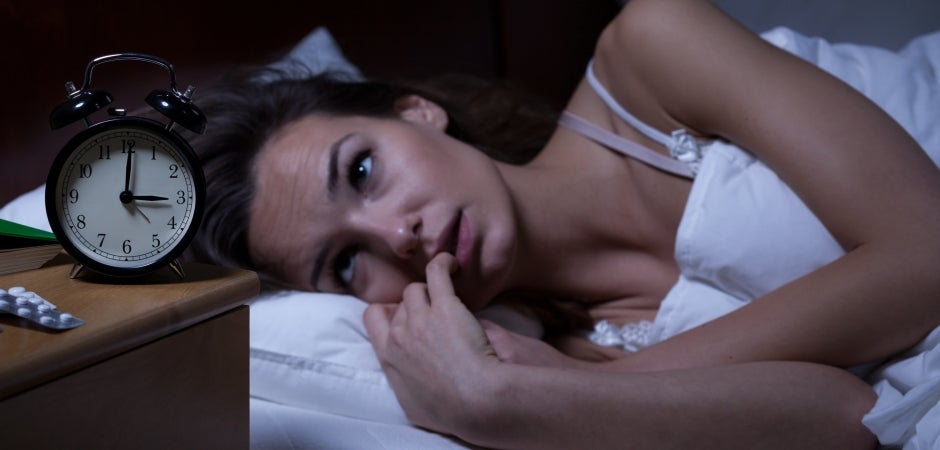Oklahoma Heart Institute Sleep Care at Hillcrest Hospital Cushing is located in a state-of-the-art facility and is one of the finest centers of its kind in the state of Oklahoma. The full-time staff of physicians and sleep specialists utilize the latest technology for diagnosing and treating sleep disorders in adults.
Evaluation and diagnosis should only be performed by a team of professionals led by a physician with specialized training in sleep disorders. The Hillcrest Hospital Cushing Sleep Study Center recognizes the importance of the unique specialty of sleep medicine and offers a full range of evaluation and treatment resources for adult patients.
Specialists from the fields of pulmonary medicine; internal medicine; neurology and ear, nose & throat (ENT) are available.
The sleep test most patients undergo is called a polysomnogram. This test determines whether there are any abnormalities in your quality of sleep, including breathing abnormalities or limb movements. In most cases, the test is performed during a 10-12 hour overnight period.
Referral Procedures
Typically, patients schedule appointments for initial consultation with their primary care physician (PCP). When necessary, the PCP will request testing through the sleep study staff.
Private consultations are available by appointment with Michael Newnam, M.D., board certified in sleep medicine, on the second Thursday of each month.
For appointments call 918-747-5337 (Option 1)
Comfortable, Quiet and State-of-the-Art
Oklahoma Heart Institute Sleep Care at Hillcrest Hospital Cushing is conveniently located on the first floor. The program offers private consultations as well as home-like bedrooms. Sleep testing bedrooms are designed to be quiet and comfortable. Test bedrooms have televisions and all the comforts of your own bedroom or a nice hotel room. You are encouraged to bring your own pillow and pajamas.
Sleep Disorders Treated
Sleep Apnea
Often associated with loud snoring, snorting and gasping for breath, these are periods of uninterrupted breathing during sleep. Sleep apnea can result in daytime sleepiness which can lead to difficulties at work, cause automobile accidents, memory and other intellectual difficulties and depression. Sleep apnea can lead to worsening high blood pressure and is associated with a higher incidence of heart attacks and strokes.
Restless Legs Syndrome/Periodic Limb Movement Disorder
Symptoms include uncomfortable sensations in the legs near sleep time, leading to an irresistible need to move the legs, resulting in interference with sleep. Legs and arms may move or jerk involuntarily during sleep. You may experience excessive sleepiness, insomnia, or both.
Narcolepsy
Narcolespy is a brain disorder that causes uncontrollable bouts of excessive sleepiness. Patients with narcolepsy may lose muscular strength suddenly when emotionally upset or when laughing. In addition, they may experience vivid hallucinations as they fall asleep.
Insomnia
At least 15 percent of the population suffers from insomnia – difficulty falling or staying asleep – every year. Insomnia can be caused by a number of medical or behavioral factors such as stress, anxiety, depression, sleep apnea, restless legs/periodic limb movements during sleep, alcohol, caffeine, drugs or poor sleep habits.

